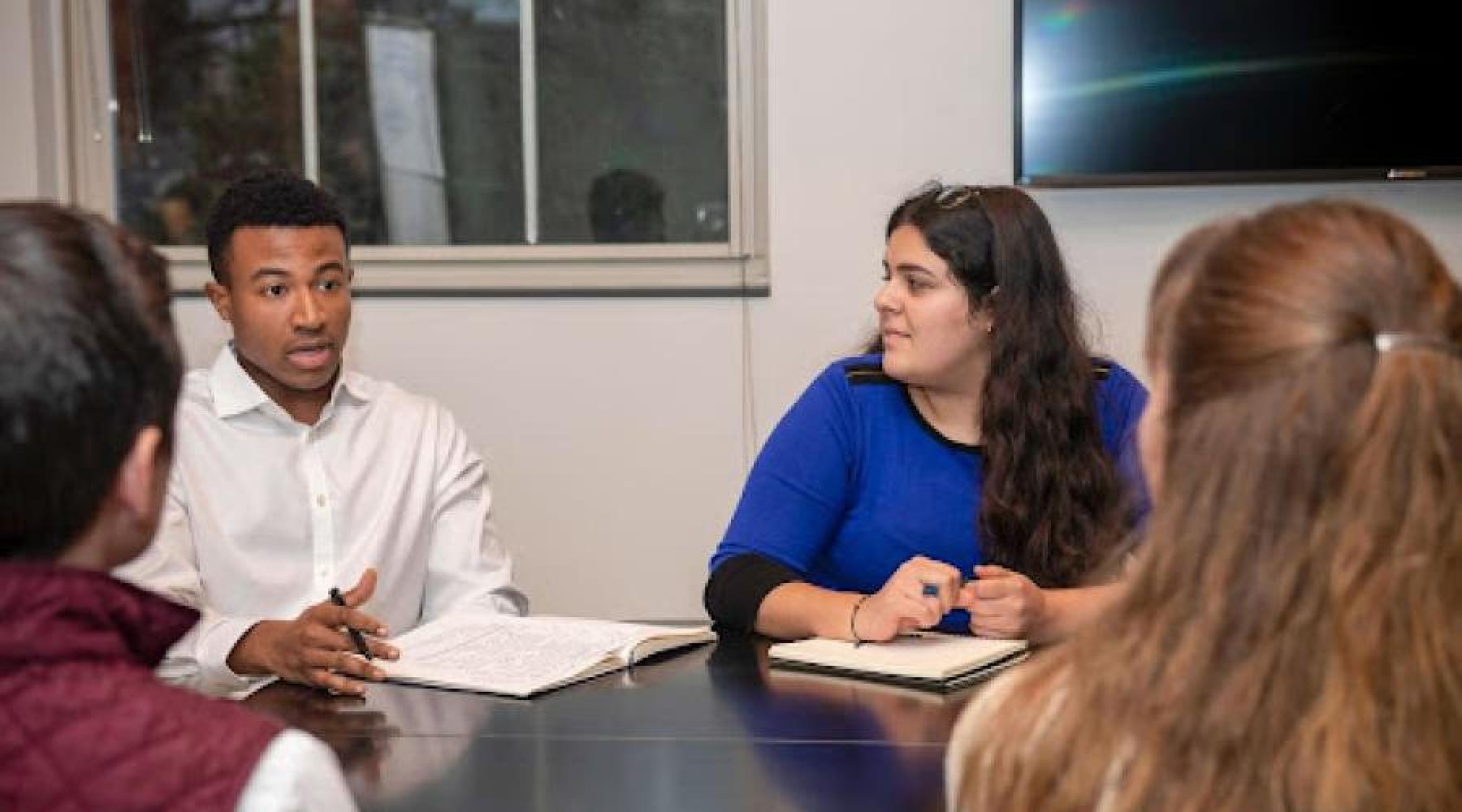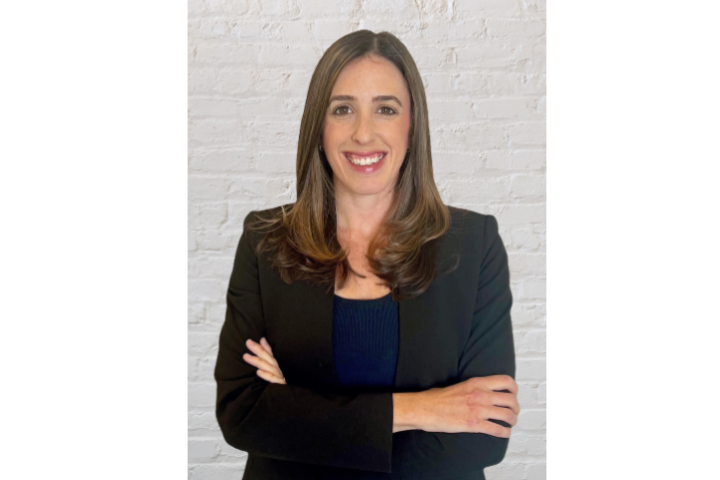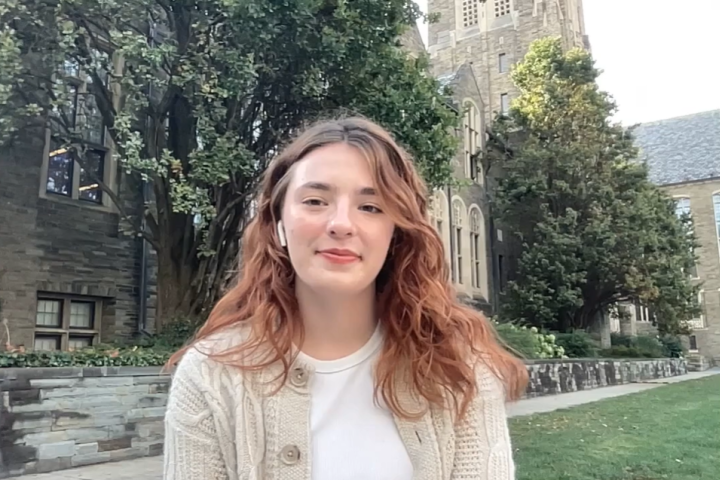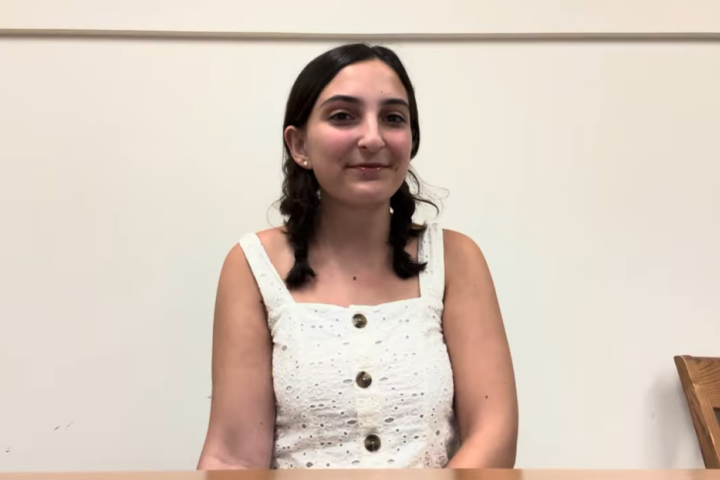
Leaning Into Conflict: The Evolving Role of the Campus Mediation Program at Cornell
In a university setting where disagreements are often inevitable and tensions can run high, The Scheinman Institute’s Campus Mediation Program (CMP) offers a radically different approach: one grounded in self-determination, deep listening, and a commitment to mutual understanding.
Since its inception, CMP has quietly become one of the university’s most distinctive and transformative programs. What began as a single course rooted in alternative dispute resolution (ADR) has grown into a multi-faceted, skills-based initiative that is reshaping how conflict is addressed across campus. Today, it serves not only students in conflict with each other, but also the wider Cornell and Ithaca communities through civil and small claims court partnerships.
From Code to Community: Tracing the Program’s Evolution
When the CMP started, mediation wasn’t formally integrated into university policy. Today, it’s explicitly written into Cornell’s Student Code of Conduct as an alternative resolution pathway. This shift has been more than symbolic—it’s been deeply practical.
“Being housed within Student and Campus Life now makes sense,” said Liz Davis-Frost, one of the program’s key leaders. “The old code was written in more legalese, and conduct procedures were more litigious. The new code emphasizes clarity, student agency, and restorative justice.” Under the current model, student complainants and respondents alike can now request mediation or restorative processes through the Office of Student Conduct and Community Standards (OSCCS).
This policy change catalyzed a broader transformation of CMP’s academic and applied learning components. What was once a single course—CMP 1—is now a two-part practicum experience. CMP 2, previously a short module, has expanded into a full-semester offering. Students now move from foundational theory into mentorship roles, observing real cases, facilitating simulated disputes, and co-mediating live cases.
Expanding Partnerships and Building Community
Recent years have seen a notable uptick in demand for CMP’s skill set, both on and off campus. Cornell students involved in the program now engage with community partners such as Ithaca City’s Small Claims Court. This semester, students observed live court proceedings and heard from the Alternative Dispute Resolution (ADR) program coordinator for New York’s Sixth Judicial District.
These partnerships not only deepen student learning but expand the scope of CMP’s impact. Outside the university, students observe and mediate debt collection, as well as other small claims and civil cases. Within Cornell, they work with student housing staff, student organizations, and residence life teams to help resolve disputes ranging from roommate conflicts to student conduct cases involving alcohol, theft, and interpersonal tensions.“Students crave spaces to connect, reflect, and understand,” said Katrina Nobles, the Director of Conflict Programs for the Scheinman Institute, as well as a key leader of CMP. “We’re helping build those spaces,” Davis-Frost added.
Awareness and Access: Bridging the Gap
Despite its success, one of the biggest challenges CMP faces is awareness. Many students still don’t know they can request mediation or restorative justice options when going through the student conduct process. Even fewer understand how these processes work, or that outcomes aren’t determined in advance by the university.
“There’s often a misconception that mediation is about assigning punishment,” Davis-Frost said. “It’s not. It’s about understanding what happened, figuring out what accountability could look like, and creating an agreement that all parties feel comfortable with.”
This lack of awareness can result in missed opportunities—especially for students who could benefit most from a collaborative, human-centered resolution process.
Challenging And Rewarding
Students who participate in CMP often describe it as one of the most challenging yet rewarding experiences of their college careers. That’s because mediation requires a different mindset than many students are used to. There are no right answers. There’s no control over outcomes. The work demands patience, humility, and an ability to sit with uncertainty.
“Doing my first campus mediation with a co-mediator and mentor from the Scheinman Institute was just an amazing experience,” said Naomi Samuel, who graduated from the ILR School's Master of Industrial Labor Relations (MILR) program. “It was scary for me at first—it was a bit nerve-wracking because there were student outcomes.”
For Samuel, CMP offered more than just practical experience—it offered a new way of thinking about justice. “Restorative justice... is about our relationships together and not necessarily just about punishing,” she said.
Success in CMP, as Nobles and Davis-Frost note, comes not from having all the answers, but from asking the right questions. Students must suspend their desire to fix, and instead learn to listen—to lean into ambiguity, stay curious, and prioritize trust and authenticity in every interaction.
It Can Be Transformational
If there’s one message both Davis-Frost and Nobles emphasize, it’s that mediation and restorative justice are not cure-alls. They require time, emotional labor, and genuine participation from everyone involved. The process is confidential and voluntary by design—meaning it only works if parties choose to engage.
But when it works, it can be transformational. One recent case involved a student conduct dispute that, through mediation, shifted from tension and assumptions to understanding and clarity. “Because of the space mediation created,” Davis-Frost said, “the students involved actually left with a sense of resolution and mutual respect—even though the official conduct finding wasn’t what either expected.”
That kind of outcome is powerful. And it's why CMP continues to grow—not just in size, but in scope. More students than ever are enrolling in both CMP 1 and CMP 2. There are discussions about future expansions, potentially creating specific tracks for student conduct, civil claims, and campus conflict.
Still, leaders are intentional about keeping the program's integrity intact. “We don’t want to grow just for growth’s sake,” Nobles said. “We want students to have meaningful, hands-on experiences—and that means keeping the classroom-to-case pipeline strong.”
Looking Ahead: CMP's Role in a Changing Campus Climate
In a world increasingly defined by polarization, the skills taught in CMP—active listening, empathetic inquiry, and self-reflection—are becoming more urgent, not less. Universities are not immune to conflict. If anything, they are microcosms of broader societal tension. The ability to hold space, build understanding, and navigate disagreement with compassion is no longer a niche skill—it’s essential.
CMP is doing more than responding to that reality—it’s helping to reshape it. Whether through expanded partnerships, deeper integration with engaged learning courses, or stronger outreach to students and departments, the program is poised to lead a profound culture shift across Cornell’s campus.
“Mediation doesn’t work unless you’re willing to work,” Davis-Frost said. “But when you lean into your own humanity—and let go of needing to control the outcome—you create space for others to do the same. That’s where real resolution begins.”



